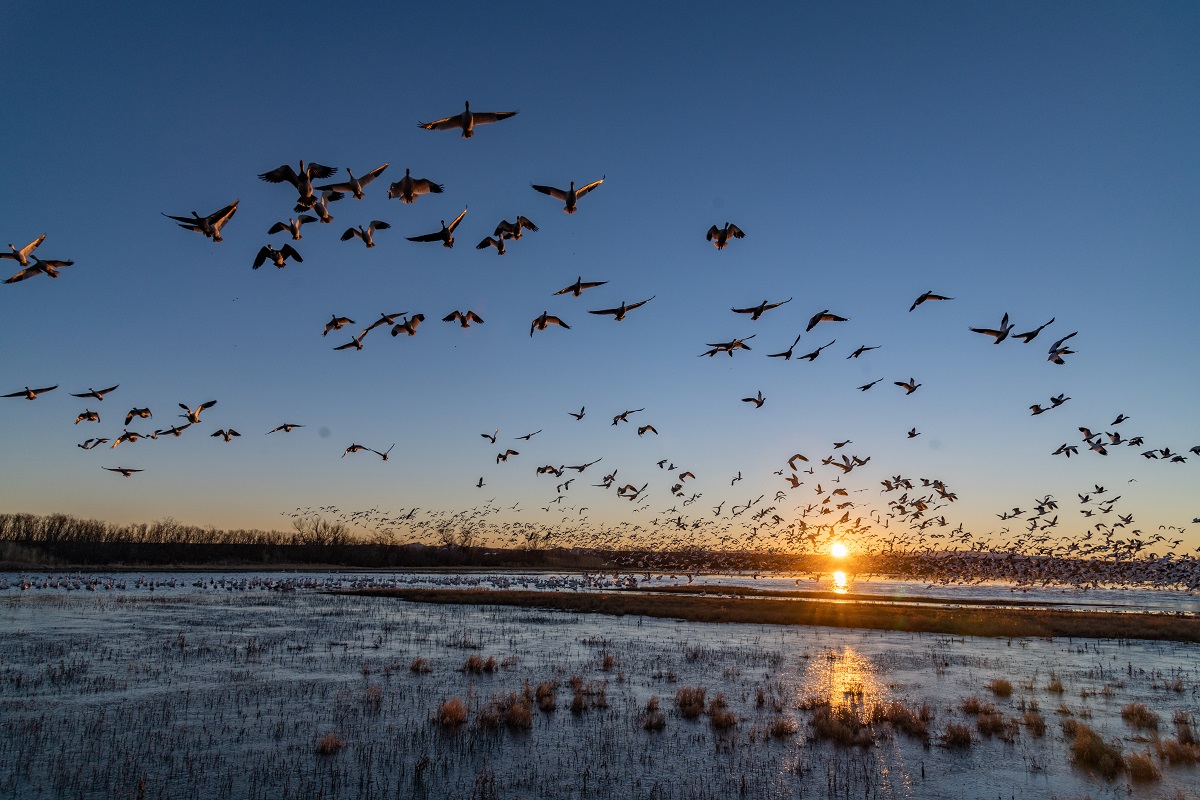Nearly half of existing bird species worldwide are known or suspected to be undergoing population declines, reveals a new study.
The study, conducted by scientists from multiple institutions and published in the journal Annual Review of Environment and Resources,shows loss and degradation of natural habitats and direct over-exploitation of many species as the key threats to avian biodiversity.
Alexandra Lees, lead author and senior lecturer at Manchester Metropolitan University, said we are witnessing the first signs of a new wave of extinctions of continentally distributed bird species.
“The fate of bird populations is strongly dependent on stopping the loss and degradation of habitats. That is often driven by demand for resources. We need to better consider how commodity flows can contribute to biodiversity loss and try to reduce the human footprint on the natural world.”
The study revealed that approximately 48 per cent of existing bird species worldwide are known or suspected to be undergoing population declines. Populations are stable for 39 per cent of species. Only 6 per cent are showing increasing population trends, and the status of 7 per cent is still unknown.
Ken Rosenberg, former conservation scientist from the Cornell Lab, said because birds are highly visible and sensitive indicators of environmental health, we know their loss signals a much wider loss of biodiversity and threats to human health and well-being.
“After documenting the loss of nearly 3 billion birds in North America alone, it was dismaying to see the same patterns of population declines and extinction occurring globally.”
While the findings may appear dire, the study authors say there is hope for avian conservation efforts, but transformative change is needed.
“Fortunately, the global network of bird conservation organizations taking part in this study have the tools to prevent further loss of bird species and abundance. From land protection to policies supporting sustainable resource-use, it all depends on the will of governments and of society to live side by side with nature on our shared planet,” said Rosenberg.
To stay up-to-date on the latest industry headlines, sign up to the Pet Industry News e-newsletter.

